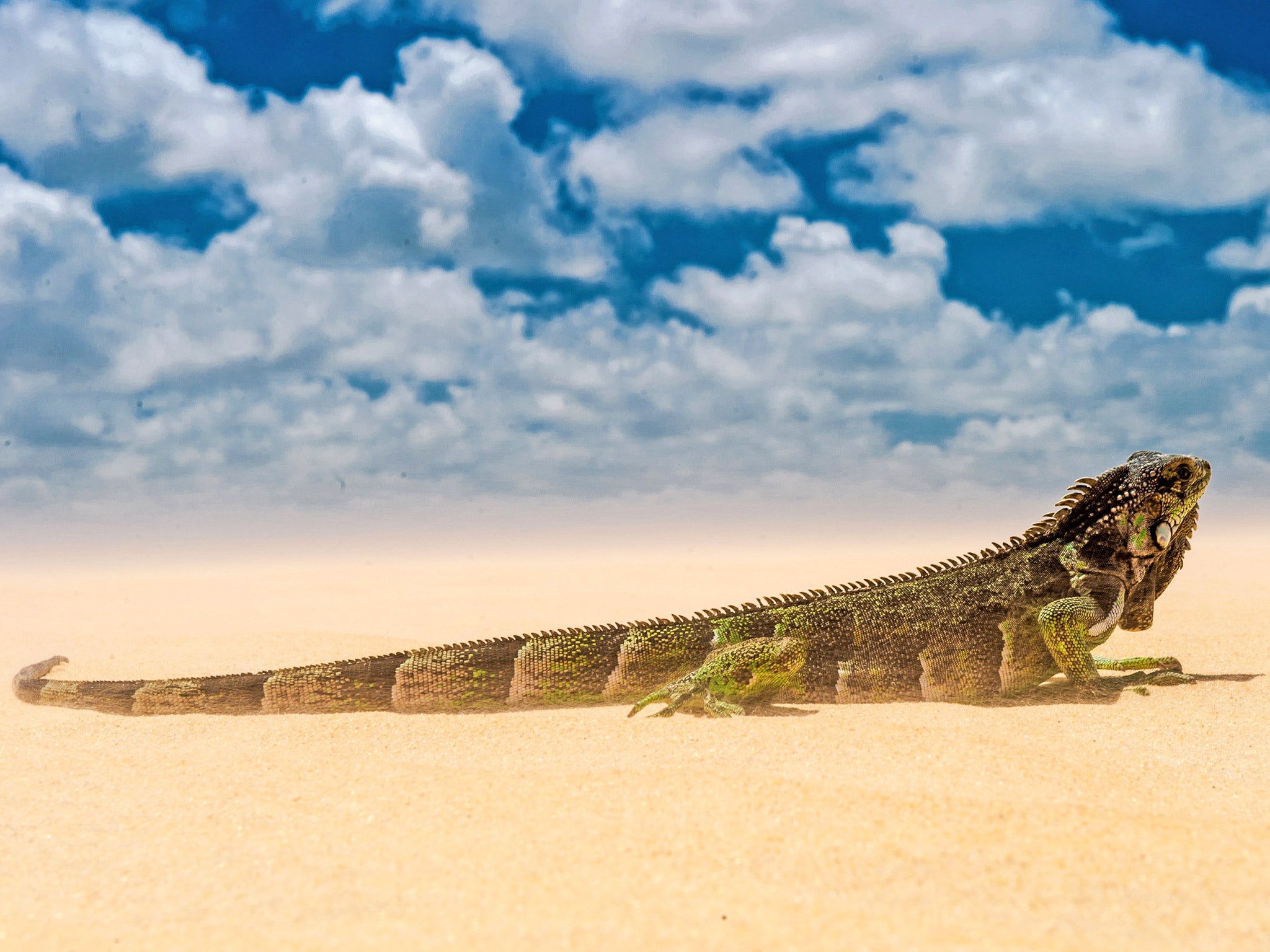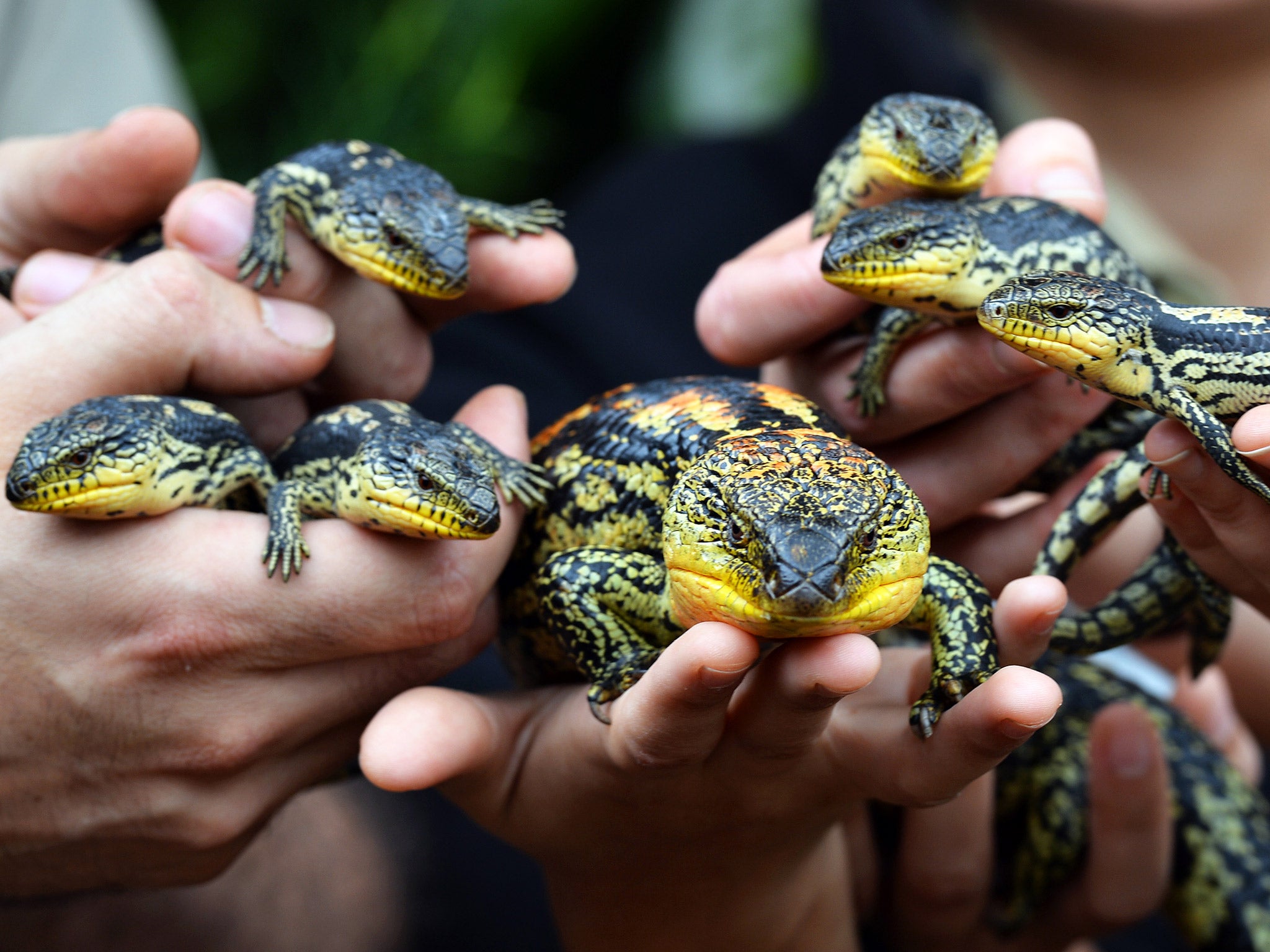Cold-blooded species face wipeout as they cannot cope with global warming, study says
Many lizard and insect species could be driven to extinction

Many lizard and insect species could be completely wiped out by global warming because they cannot evolve quickly enough to deal with rising temperatures, a new report warns.
Climate change threatens to wreak havoc on cold-blooded animals – known as ectotherms – because they cannot regulate their own body temperatures. Being particularly sensitive to their surrounding environment, these creatures can only tolerate temperatures just a few degrees above their normal range before they overheat and die.
Even the ectotherms that manage to survive climate change will face huge disruption, with many species forced to relocate to cooler places or significantly change their behaviour, according to Dr Alex Gunderson, one of the report’s authors. “Global warming is predicted to drive the extinction of many species and reduce the population sizes of others. Low physiological flexibility in the face of warming is likely to contribute to this,” he said. “We also have evidence from across the globe that animals are moving to higher latitudes and elevations to track cooler conditions.”
Ectotherms which live on the land, such as reptiles and insects, are at greater risk than sea-dwelling creatures such as fish and crustaceans, according to the research by the University of California, Berkeley and San Francisco State University.
Cold-blooded animals are only able to survive within a temperature range and the underlying rise in temperature associated with climate change is pushing them closer to their limit. Global warming is also expected to increase the frequency and magnitude of temperature swings.
“As the earth warms these animals will be living at temperatures much closer to their limit. Because animals have some ability to acclimate to higher temperatures, scientists hoped that they might be able to adjust their physiology to keep up with global warming,” Dr Gunderson added. “We found that by compiling these data in the first large-scale study of hundreds of different animals that the amount they can actually adjust is pretty low. They don’t have the ability,” he added.

“Ectotherms are very much at the mercy of their environments. Now we see that their ability to acclimate to hotter temperatures is unlikely to keep them in the game.”
Dr Gunderson and co-author Jonathan Stillman’s “meta” study, published in the journal Proceedings of the Royal Society of London B, involved an analysis of 112 previously published papers on temperature tolerance covering 232 species, including amphibians, lizards, insects, fish and crustaceans.
Join our commenting forum
Join thought-provoking conversations, follow other Independent readers and see their replies
Comments
Bookmark popover
Removed from bookmarks